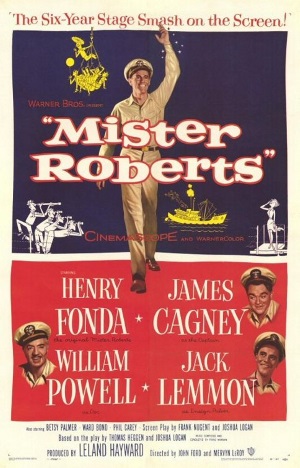The Scum
***This Review Contains Spoilers***
Five Star Final is 85 years old yet nothing has changed in that the public still has an appetite to read about filth in newspapers. The themes here would be looked at in many newspaper comedies throughout the 1930’s, however, this is no screwball comedy – it’s deadly serious. I guess we can’t say “back in my day journalists had ethics”. The real-life inspiration for Five Star Final came from a New York tabloid called New York Evening Graphic. At the time of the film release, the Evening Graphic was losing circulation because its new editor was attempting to make it a more respectable paper, just like the character of Randall played by Edward G. Robinson the editor of the fictional tabloid newspaper The Gazette.
Randall is an editor who is not without ethics. Despite the objections of the paper’s management, “Randall won’t print pictures of girls in underwear in the pictures section” and prints cables from The League of Nations. The pressure is on him to stop printing “actual news” and more sensationalist stories and gossip. When Randall gives in we see the full sleaze of Edward G. Robinson; after all, nobody could do sleaze better than him.
The stealer of the show, however, is Boris Karloff as Isopod. This isn’t a horror movie but his performance feels like one straight from a horror picture with his distinctive, eerie voice. Isopod is a disgraced priest of whom Randall disguises as a practising priest to go undercover and do the paper’s dirty work; a creep who is full of crap and as Randall puts it “You’re the most blasphemous looking thing I’ve ever seen”. The name Isopod in Greek means ‘even footed’ but more commonly is the name an unpleasant looking order of crustacean parasites so I guess it works.
The Gazette has a number of shady practices; they bully retailers and vandalise their stalls for not putting their papers on top. Likewise they employee a pretty girl played by Ona Munson to do dirty work for the paper although the main reason they’re choosing her for the job is that she’s not flat chested, as evident by the shot in which Aline MacMahon is clearly looking at her rack (even Isopod enjoys checking her out).
In order, the increase the circulation of The Gazette, Randall unearths a 20-year-old murder case for the sake of a sensational story later titled, “Famous Killer’s Girl to Wed Society Man”. Today with this internet thing we’ve got going on it would be highly unlikely someone could hide the fact they were once tried for murder while Isopod could just get a photograph of the murder’s daughter on Facebook. But the fact remains the same: sensationalist news stories can affect the lives of innocent associates.
The film has a truly superb cast with everyone having their moment in the sun and this being a film set in the world of journalism, the dialogue flows at a rapid-fire rate; a form of acting which is truly a thing of the past. Marian Marsh’s breakdown at the end is hair-raising melodramatic brilliance, even if her husband just happens to walk in as she pulls out a gun in a delightfully improbable turn of events.
The production values are excellent, helmed under the great director Mervyn Le Roy (such an impressive back catalogue). The use of sound in the opening credits with boys shouting “extra!” and the noise of the printing press sets the atmosphere while it’s evident the studio strived for this production to have authentic sets. Many shots in Five Star Final have an impressive level of depth such as that of George E. Stone with his feet up in the foreground as he sits back while on the phone.
Five Star Final contains innovative use of split screen as Mrs Voorhes (Frances Starr) in the middle of the frame is trapped between paper employees who go about their business as usual and try to ignore her but also shows the paper as voyeuristic spies. Yes, the filmmakers sure love their symbolism here. Throughout the film, Randall is constantly washing his hands (“50 times a day” apparently) while the paper employees going to the bar and drink in order to deal with their conscience. Likewise, Randall’s closeted love interest Miss Taylor played by Aline MacMahon has feelings towards him but objects to his job and the paper; she is symbolic of his conscious. To top it all off, the film ends with an image of the paper lying in the gutter like the filthy rag it is; a final powerful image to stick in your mind.



